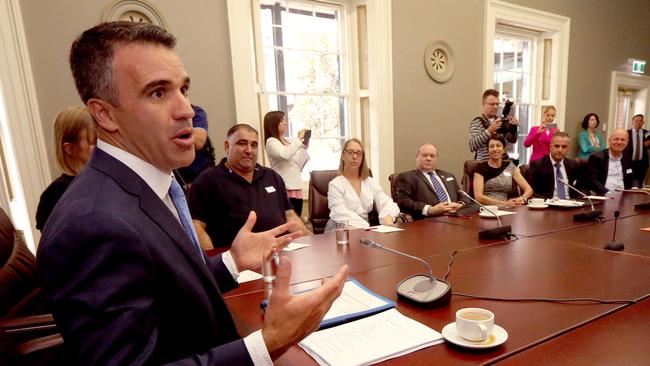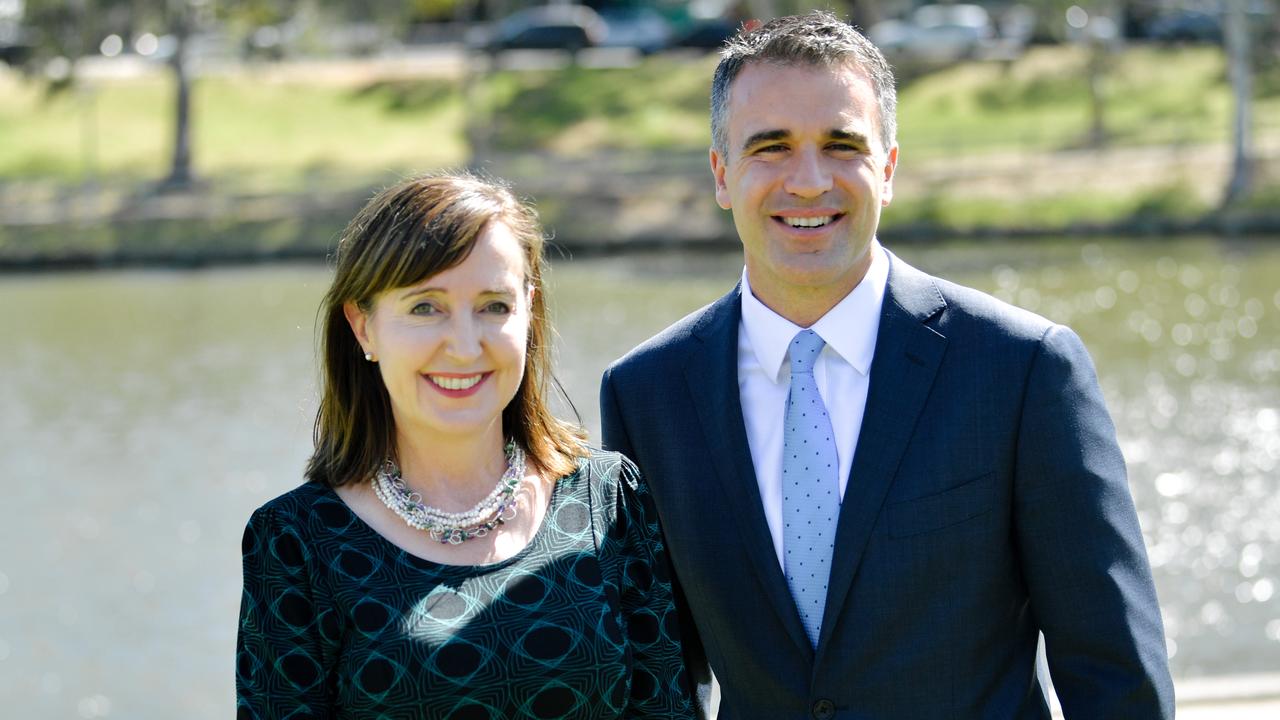SA Election 2018: Victim support group calls for new laws, harsher murder sentences
SA’s Homicide Victim Support Group has asked all political leaders to consider harsher sentences, reduce sentencing discounts and create new offences as a deterrent.
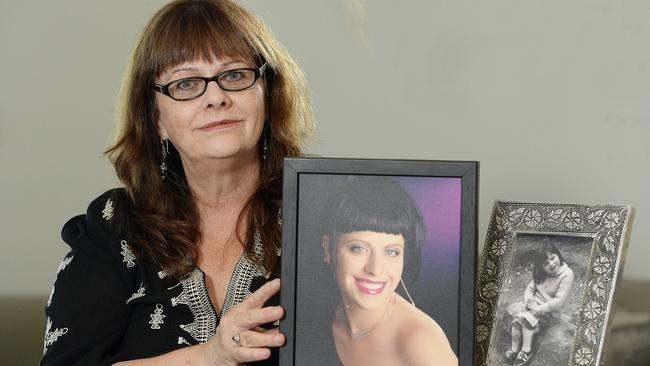
SA 2018
Don't miss out on the headlines from SA 2018. Followed categories will be added to My News.
- Victims’ rights must be taken seriously when they enter the courts
- Push for support for Australian terror victims
- Victims of the state’s worst crimes will have to wait 14 months
HARSHER sentences for people who assist a killer or conceal a murder, reducing generous sentencing discounts and mandatory minimum consecutive sentences in cases where there are multiple victims need to be introduced in South Australia, a major victim support group says.
In a pre-poll plea to political leaders, the Homicide Victim Support Group also wants ‘no bail’ laws for all homicide offences and the creation of a new offence of aggravated manslaughter with a mandatory minimum sentence introduced.
The group has written to the leaders of the major parties requesting they commit to legislative reform in eight key areas that its members – through “first-hand experience’’ – consider will benefit all South Australians.
“Each of the suggestions are believed to provide improvements for current homicide cases, unsolved cold cases and address the subject of broad public safety through minimisation of the occurrence of these awful crimes ...” its letter states.
Group spokeswoman Sharon McKell, the mother of murder victim Emma Pawelski, said reforms were “urgently needed’’ to help police solve homicide cases, deter future offending and assist victims’ families to cope with their loss.
“We will not have another election for four years and the penalties, as we have seen in some recent high-profile cases, have not been strong enough,’’ she said.
Perhaps the group’s most radical suggestion is for a mandatory minimum consecutive sentence to be applied in cases that involve multiple victims.
Such a move would establish a minimum penalty for the taking of each life.
Ms McKell said the group felt some offenders were escaping lightly under existing legislation. She cited the case of Kapunda triple murderer Jason Downie who received a 35-year non-parole period after confessing to his rampage that claimed three members of the Rowe family in 2010.
“The families in these cases do not feel the penalties have been significant enough. They have lost their loved one, they are grieving and have a lifetime of grief and sadness.
“I deal with some of the family of the Kapunda murders and they feel really cheated because there was never a trial and for every member of their family they lost, Downie only got almost 12 years,’’ she said.
“Life is for one victim. This was three lives and yet for two of them the sentence is not.”
Ms McKell said a number of the proposed measures would relate directly to her daughter’s case, which remains unsolved despite police having a strong suspect.
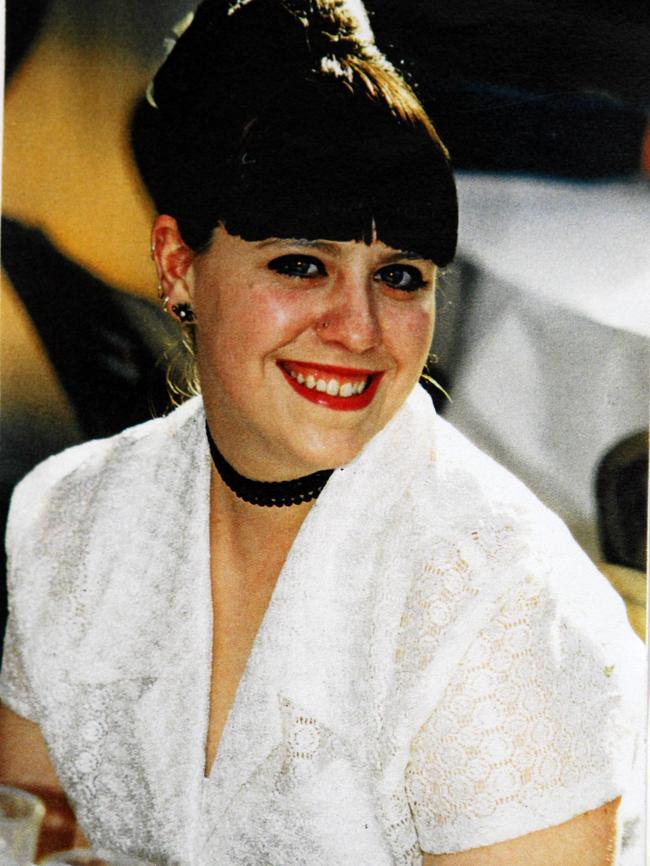
Emma Pawelski, 30, was last seen alive on November 26, 2005. Her body was found in the Mt Crawford forest eight days later. Major Crime detectives have a suspect and believe others assisted him to dump Emma’s body in the forest, using a red Ford Telstar sedan. Ms McKell said those who may have assisted the man who killed her daughter should also be held accountable for their actions and face harsh penalties.
“I believe someone is concealing information in my daughter’s case and that is helping the offender get away with it,’’ she said.
“I believe more than one person took her body to the forest and left her there. Concealing that should be an indictable offence. They are just as culpable, it is so wrong.’’
Ms McKell said the group felt the current scale of sentence discounts for those who pleaded guilty was too generous and should be scaled back to reflect the seriousness of the crimes committed.
“We feel 40 per cent is just too high. There needs to be some discount, but not that level,’’ she said. “We are trying to deter people from murder in the first place and there just does not seem to be that deterrent there at present.’’
“We want a justice system that makes people think twice before they do something as serious as homicide. There has to be some deterrent.
“In America, life seems to be life, whereas here life is 20 years and some get out before that.’’
The state election campaign has been devoid of significant law and order reform initiatives so far, with both Labor and Liberal pledges confined to maintaining existing police levels and operational resource initiatives.
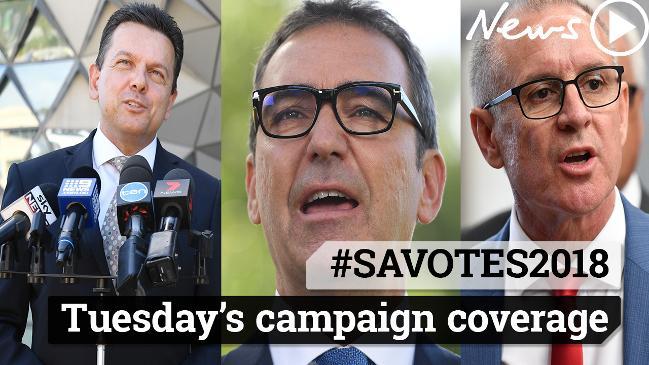
► 1. A firm commitment to maintain the mandatory minimum twenty (20) year non-parole
period for those convicted of the offence of murder in South Australia. In recent years, in
other States of Australia where a mandatory minimum non-parole period does not apply,
prison sentences for those convicted of murder have regularly been less than fifteen (15)
years;
► 2. Reduce the maximum allowable discount for early guilty pleas for homicide offences
(manslaughter and murder). HVSG members consider a discount of up to 40% off a prison
sentence too high for this type of offending, despite a very early guilty plea;
► 3. Comprehensive review of the access to release on bail for those accused of homicide
offences. Section 10A of the Bail Act, 1985 (SA) establishes a presumption against bail for
the offence of manslaughter where the accused used a motor vehicle to cause the death of
the victim. No such provision exists for the more serious offence of murder. The HVSG
requests that as a minimum presumption against bail is applied to all cases of manslaughter
and murder, and in circumstances where bail is refused by a Magistrate no further
applications may be made;
► 4. Application of a mandatory minimum consecutive sentence to be applied in cases of
multiple victims. Example — A ten (10) year prison term to be added for each additional
victim after the offender/s are sentenced for the first murder. The application of such a
provision would establish a minimum penalty for the taking of each human life;
► 5. The no co-operation, no parole provisions, requiring convicted murderers to co-operate
with police seeking missing victim’s remains, co-offenders and/or evidence or risk not
receiving parole require expansion to apply to those convicted of manslaughter;
► 6. Penalties for those who assist offenders in the commission of, or after the event in
homicide offences require significant strengthening. It is the understanding of the HVSG
that people convicted of this type of offending rarely receive sentences of imprisonment.
The actions of such accomplices, to conceal and destroy evidence have a significant impact
on the solvability of homicides. The willingness of people to assist others in this way must
be discouraged in the strongest ways possible;
► 7. Specific review of offences relating to the concealment of death / disposal of human
remains (foetal and adult). The designation of such behaviour as a serious criminal offence
as opposed to current provisions under the State Coroners Act will assist police
investigations into these events and deter people from assisting others to conceal such
offending, the destruction of potentially vital forensic evidence; and the creation of immense
trauma to a victim’s family and friends;
► 8. Establishment of the offence of aggravated manslaughter; with an appropriate
mandatory minimum non-parole period to bridge the significant gap between murder and
manslaughter. Examples of aggravation could include, the use of weapons, multiple
offenders, riot/affray scenarios and manslaughter committed during the commission of other
offending (eg home invasions).

